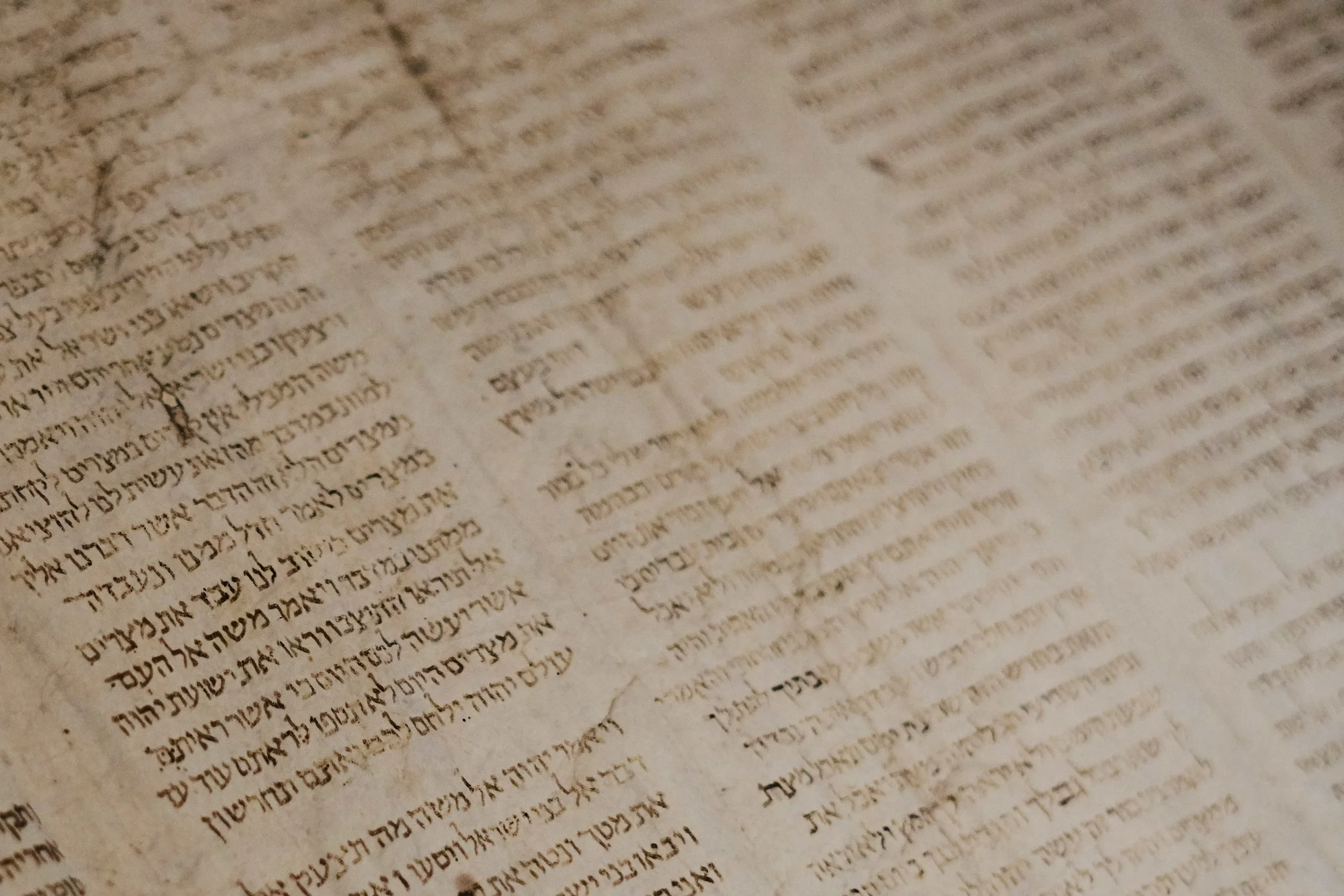What would you say if you were asked, “What is so different about your God?” In a world with so many options of who or what to worship, what sets the God of the Bible, the God perfectly revealed in the person of Jesus Christ, apart from all others?
The question is not a new one. In fact, it is a recurring theme in the Old Testament. What makes Israel’s God greater than the idols of the nations? One of the primary answers that the Old Testament gives us is this: he is merciful.
The Old Testament writers had deeply meditated on God’s words in Exodus 34 when he “told Moses his name”. He reveals himself as “The Lord, the Lord, a God merciful and gracious, slow to anger, and abounding in steadfast love and faithfulness,” (Exodus 34.6). That verse is the most referenced in the rest of the Old Testament.
If your view of God in the Old Testament is influenced by the prevalent caricatures in our culture, this might seem surprising. However, the God revealed in the pages of scripture—from Genesis to Revelation—is a God of astonishing mercy. Here are three precious Old Testament texts that remind us of this unique attribute.
More merciful than our idols
“Who is a God like you, pardoning iniquity and passing over transgression for the remnant of his inheritance? He does not retain his anger for ever, because he delights in steadfast love.” Micah 7.18
When setting up a contrast between the true God and other “gods”, the prophet Micah zeroes in on the fact that God is a forgiving God. He does not reluctantly receive us—perhaps after we have proved just how sorry we are and sufficiently punished ourselves—but rather delights in showing steadfast love to his people.
The fact that God is more merciful than our idols holds true whether a person worships Baal and Molech or our culture’s more subtle idols like money and beauty. A person who idolises money is crushed when they make a bad investment or miss out on a pay rise. There is no grace from the idol of money, only a demand to try harder and do better. It’s the same for anything else we put in the place of the true God. But our God is different because when we fail him—as we do every day—he is merciful.
More merciful than us
“Seek the Lord while he may be found; call upon him while he is near; let the wicked forsake his way, and the unrighteous man his thoughts; let him return to the Lord, that he may have compassion on him, and to our God, for he will abundantly pardon. For my thoughts are not your thoughts, neither are your ways my ways, declares the Lord.” Isaiah 55.6–8
Many of us associate the last verse quoted above with the reality that God is wiser and knows better than us. While that is true, it’s not the passage’s main focus. Reading that verse in context, the message is clear – God is more merciful than we are.
We often count ourselves out of God’s mercy and think thoughts like “surely God could never forgive someone like me who has done [insert grievous sin]”. But our God unreservedly invites the wicked and unrighteous to forsake their ways and receive his compassion and abundant pardon. If you feel condemned about some seemingly unforgivable sin, you can take comfort in the truth that God is more merciful than you.
Merciful and just
“But he was wounded for our transgressions; he was crushed for our iniquities; upon him was the chastisement that brought us peace, and with his stripes we are healed. All we like sheep have gone astray; we have turned—every one—to his own way; and the Lord has laid on him the iniquity of us all.” Isaiah 53.5–6
We know instinctively that wrong deeds should be punished and feel outraged when a guilty person goes free. Other deities may claim to be merciful, but even if this were true, it would not make them like our God. In fact, their mercy would be an evil rather than good quality, because it would be an unjust mercy.
The final way our God differentiates himself is in showing both mercy and justice. His is a just mercy. He does not forgive us by ignoring our sins, relativising them or letting us go because we have done more good than bad. No, he leaves no bad deed unpunished. He can show us mercy because he has punished another for our guilt. The perfect Son of God became our sin-bearing substitute so we could spend eternity delighting in our merciful God.

